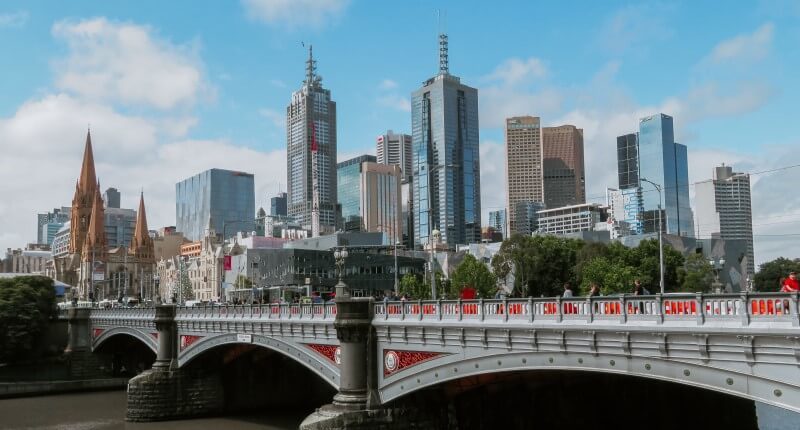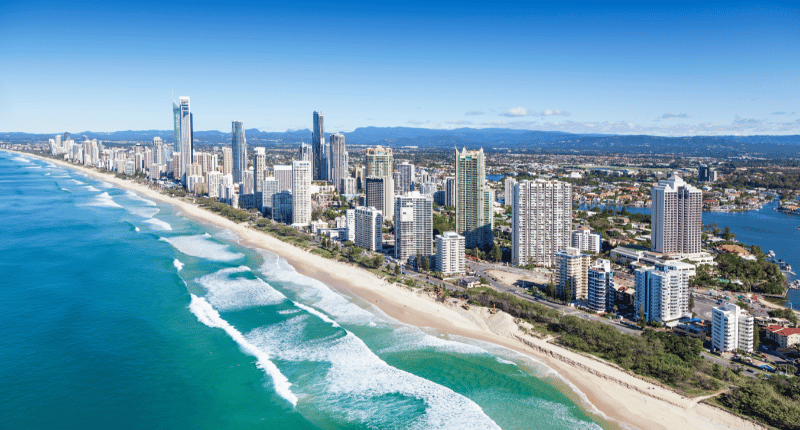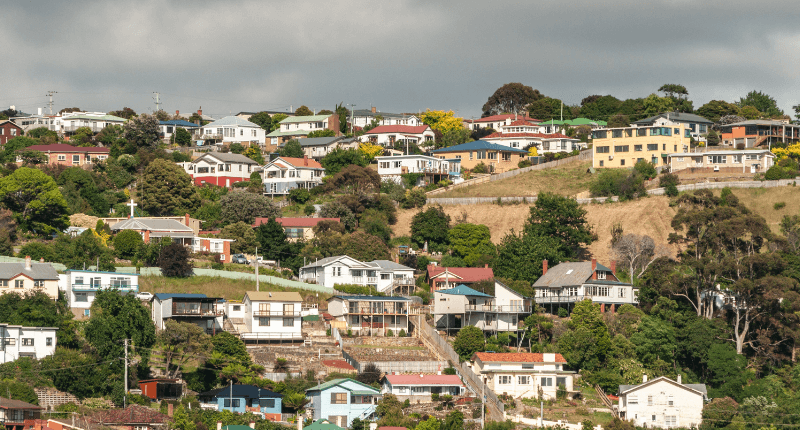- The IMF recalculated their economic growth forecasts for the country, upgrading it from three per cent to 5.2 per cent.
- Suburbs accommodating students such as Melbourne CBD, Carlton, Parramatta and North Ryde, are seeing rent increases.
- We can expect more international migration, higher demand for Australian minerals and agriculture and property.
Nerida Conisbee is the Chief Economist at Ray White. She writes: China abandoning its zero COVID-19 policy has resulted in the economy rebounding far faster than expected.
Despite concerns that the spread of COVID-19 would lead to even greater shutdowns, reports are that the spread of the infection appears to have peaked, with hospital admissions hitting a high in early January and declining since then.
Early data on travel, restaurant visitation, retail spending and even cinema attendance are already very close to pre-pandemic levels.
China’s National Bureau of Statistics reported the second highest jump on record of its Services PMI Index, a measure of activity outside the manufacturing sector. The rebound in China was so marked that even though it was only one month of data, the International Monetary Fund (IMF) recalculated their economic growth forecasts for the country, upgrading it from three per cent to 5.2 per cent.
With China roaring back, what does it mean for Australian property?
Chinese students returning
Education is a major export for Australia, with China contributing the most revenue to Australian universities of anywhere overseas.
With the announcement that China has banned online learning in late January, it has been estimated that an additional 40,000 students will need to come to Australia to undertake their studies.
While this will provide a strong economic boost, it will be challenging for rental markets.
Suburbs that accommodate a lot of students such as Melbourne CBD, Carlton, Parramatta and North Ryde were struggling to find tenants during the pandemic, but are now seeing sharp increases in rents.
This is also flowing through to apartment values in many of these suburbs.

International migration
Late last year, Australia had as many advertised job vacancies as unemployed people.
Although the number of job vacancies is reducing as the economy slows, the unemployment rate is now at a 50-year low.
This shortage of people makes it hard for businesses to find staff and, across a wide range of industries, there is a shortage of workers.
China, India and the UK are the countries from which the most migrants come from and China re-opening will help with this worker shortage we are currently experiencing.
More demand for Australian minerals and agriculture
China under COVID-19 restrictions meant less demand for Australian minerals and agricultural products.
Fewer projects were constructed and people staying home consumed less.
The re-opening means that this demand will increase, which is good news for those regions of Australia that produce goods that are in strong demand from China.
Mixed impact on inflation (and therefore interest rates)
China’s rebound will have a mixed impact on inflation and therefore interest rates.
The good news is that manufacturing in China is starting to speed up which will ensure that many products that were in short supply will again be more available.
This will reduce prices.
In contrast, more economic activity in China such as more development, as well as higher levels of consumption will mean greater demand for goods.
For some products and commodities, this means costs will rise.
At this stage, it is uncertain what the eventual impact will be on pricing.
Chinese demand for Australian property
Relative to the red hot demand for Australian property we saw from China at the end of last decade, the number of Chinese purchasers is likely to remain comparatively low.
Nevertheless, property investors from China are active globally and we will see a pick up in buyer activity of new developments now that borders have re-opened.
Good news for tourism
Prior to the pandemic, tourists from China spent more in Australia than any other country, estimated to be $12.4 billion in 2019.
Now that they are returning, this economic boost will return, impacting not just our capital cities but also many regional areas.








